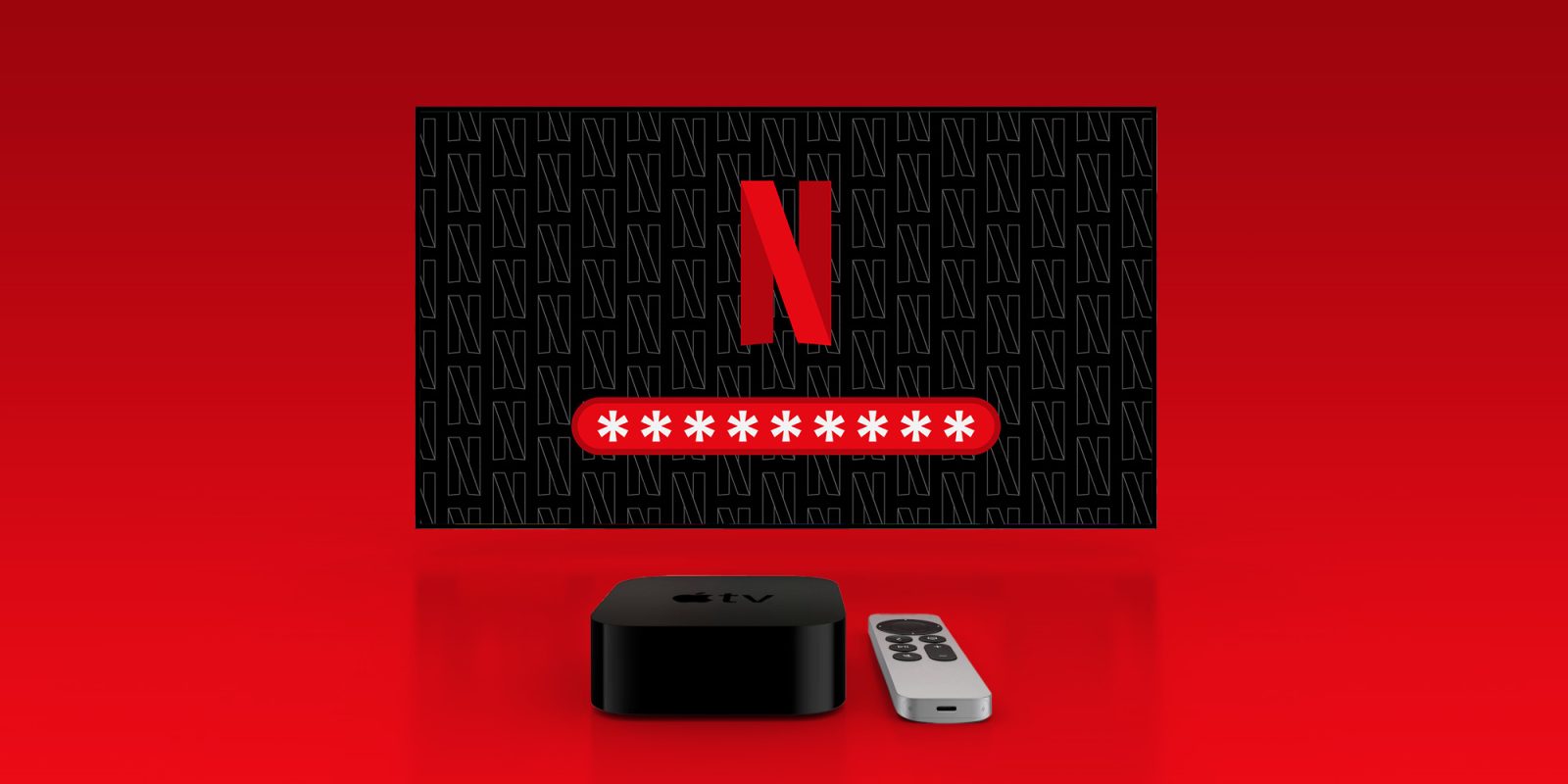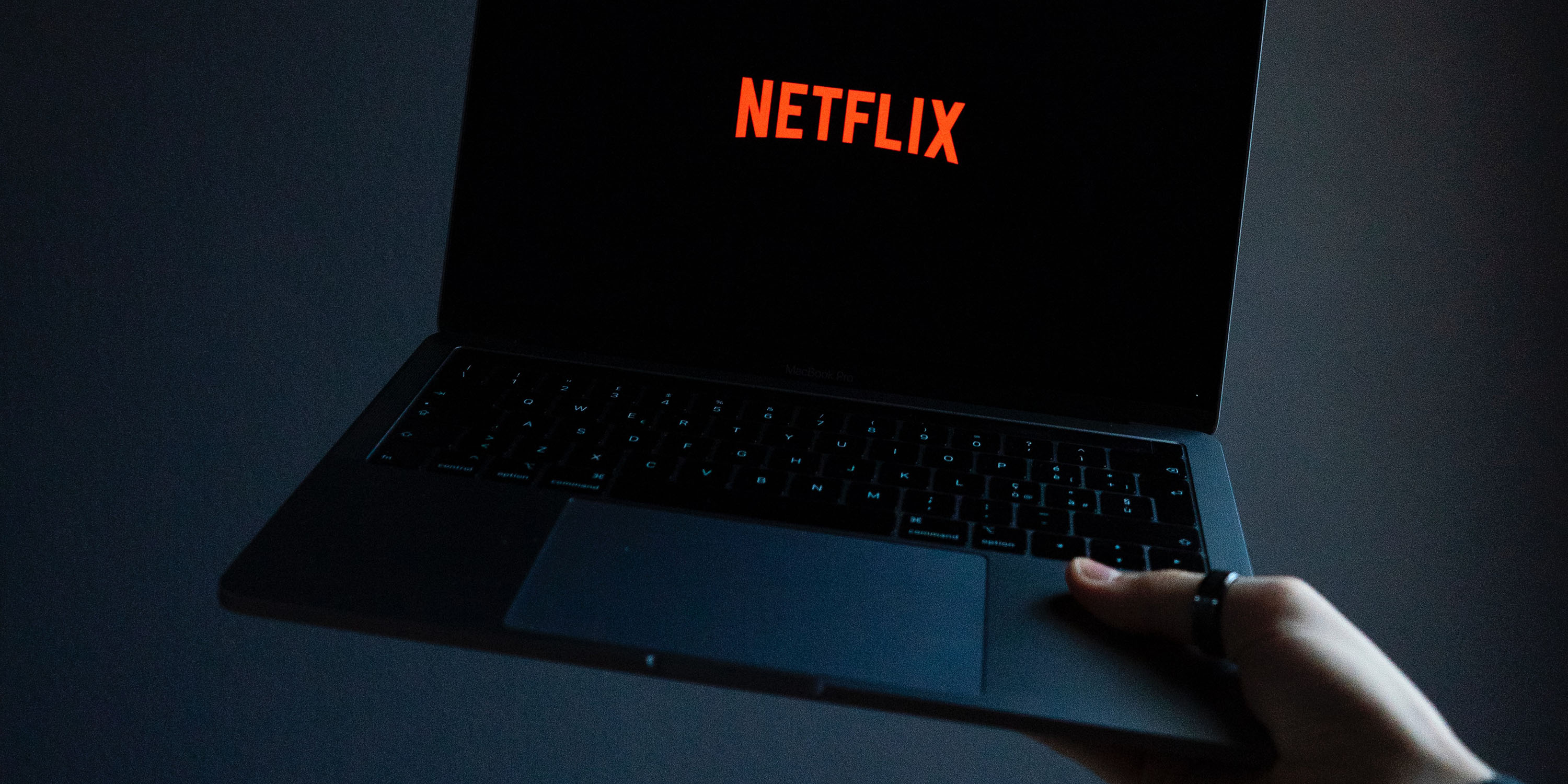
After confirming a significant loss in subscriber numbers earlier this year, Netflix has reportedly been working on new ways to retain its subscribers and also recover its revenue. One of these methods is now being rolled out in Latin American countries, as Netflix has begun charging for password sharing there.
Netflix cracking down on password sharing
Back in April, Netflix blamed users who share their passwords with friends and family for losing more than 200,000 subscribers in the previous quarter. According to the company, the platform today has more than 100 million users who don’t pay for a Netflix subscription.
In a note to employees, Netflix said it was aiming to crack down on password sharing – and now this is becoming a reality, at least in a few regions. As reported by Bloomberg on Monday, Netflix is now testing charging for password sharing in five different Latin American countries: Argentina, El Salvador, Guatemala, Honduras, and the Dominican Republic.
In these countries, customers are now being required to pay an extra fee if they use an account for more than two weeks outside their primary residence. For now, the system uses TVs to identify multiple logins in different locations, as Netflix says users won’t have to pay the extra fee to watch Netflix on smartphones, tablets, or computers.
The new fee for sharing Netflix account passwords costs up to $2.99 (depending on local currency). One of the company’s directors said in a blog post that the “widespread account sharing between households undermines our long term ability to invest in and improve our service.”
Netflix chose Latin America to roll out the new “feature” first because password sharing there has been “particularly high.” The company believes that letting users pay to share their passwords is a better solution than taking down these accounts.
In Chile, Costa Rica, and Peru, Netflix had already been testing a similar method to take down password sharing, but this approach charges users an additional fee to add a new member to a Netflix account using individual credentials linked to the primary account.
9to5Mac’s Take

While Netflix seems to believe that password sharing is the main reason the company has been losing subscribers and revenue, there are many other reasons. One of them is definitely the price.
Netflix’s basic plan costs $9.99 per month in the United States and it only allows streaming to a single device in 480p resolution. The HD plan now costs $15.49 per month, while the 4K plan with support for up to four simultaneous devices costs $19.99 per month. These prices become even less affordable in countries with a devalued currency.
On the other hand, Netflix competitors such as Amazon Prime Video, Apple TV+, HBO Max, and Disney+ have been growing in recent months as they’re much cheaper. Apple TV+ costs $4.99 per month in the United States with 4K content and support for up to five other people on the same account. Disney+ costs only $7.99 per month – also with 4K content and support for multiple devices.
There’s no word on when the password-sharing charge will be expanded to other regions. In the meantime, Netflix has also been working on a cheaper, ad-supported plan. The only thing we know for sure is that Netflix is worried after its share price dropped 65% this year following the negative results.
FTC: We use income earning auto affiliate links. More.

Comments